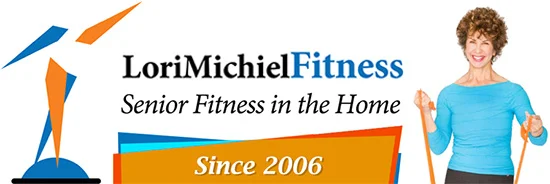 You’ve heard the terms. Each is a bit different than the other. Clumsy refers to lack of coordination or dexterity; klutz refers to someone who is habitually accident prone.
You’ve heard the terms. Each is a bit different than the other. Clumsy refers to lack of coordination or dexterity; klutz refers to someone who is habitually accident prone.
How old were you when you took off the training wheels of your bicycle and learned to ride with only two wheels? I was almost five, my sister was almost seven. I was great at balancing from an early age although as far as sports, I was not great at tennis, but could throw a mean softball. I was exceptional at ping-pong, walking on stilts, doing cartwheels, using a pogo stick and hula hoop. I used to wonder if I was good at one activity, why not the others? I wasn’t a klutz, just clumsy when trying to get the ball over the net in volleyball. Being short didn’t help. 😬
A klutz is more likely the reason we manage to sprain our ankle because we were on your phone and not paying attention, or dropping things from out of our arms when we try to carry too much at one time. Clumsiness is slightly different. It’s about how our muscles work when performing a task. Do you have two left feet? Have you ever tried to dance like a professional like those on “Dancing With the Stars” at a wedding or event and hope no one was looking?
How does this all play out as adults? Seniors? Some of us are born with a good sense of balance and coordination and others are not. Trips and falls while simply walking do exist.
We can train our brain to be less clumsy. Hand and eye coordination develops in infancy. It takes time for the brain and eyes to develop to a point where they work in unison to accomplish tasks. According to the Cleveland Clinic, if it is an equilibrium and balance issue, practice and therapy can be effective–unless there are conditions we’re either born with or that affect us later in life. These conditions can include neuropathy, a painful back, joint condition, arthritis, stroke, etc.
The good news is that practicing the proper form when exercising, improving range-of-motion to ease joint stiffness, increasing strength and remaining consistent with a program can help. Retraining our brain as discussed in past blogs is worthy of review.
To improve your coordination, work with a professional who can progress you properly to reduce your chances of falling, dropping heavy objects on your foot, tweaking your shoulder or generally enhance your quality of life. We are teachers first and trainers who care deeply.
We can start with an assessment which usually includes a partial session. Our FAQ page aka Questions and Answers can be useful. Follow us on Facebook or LinkedIn. Check out our website LoriMichielFitness.com for other important fitness information. You can also email us or call us at 818-620-1442 for a consultation.
